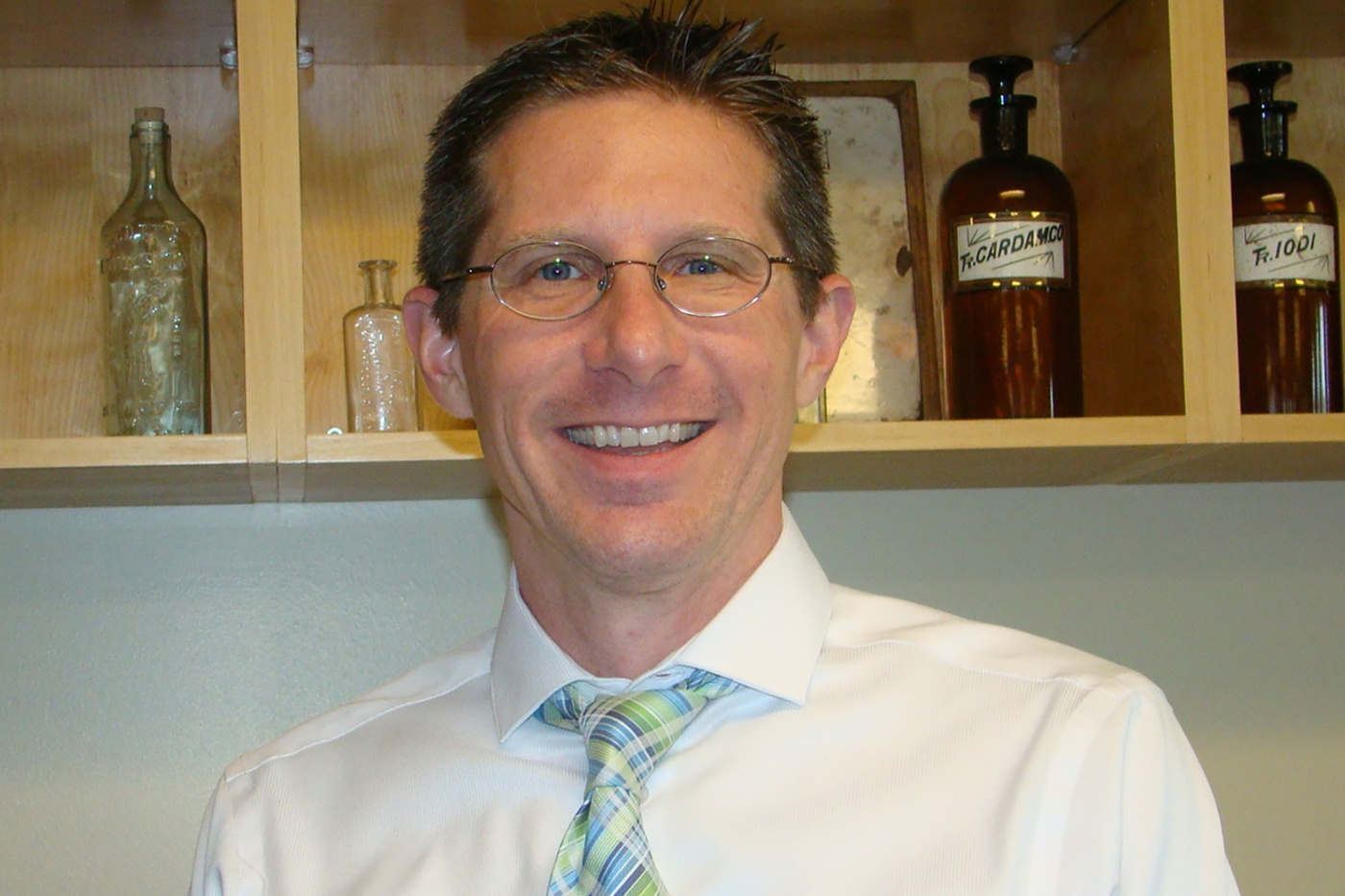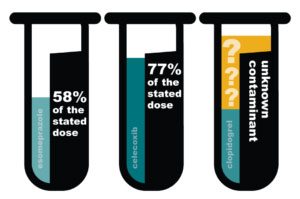Drug Importation is Fraught with Peril
 This editorial by Dr. Kenneth 'Mac' McCall was published in Real Clear Health on August 23, 2018. He is an associate professor and Director of Residency Programs at the University of New England College of Pharmacy. He has served as president of the Maine Pharmacy Association. He is also a board member of The Partnership for Safe Medicines.
This editorial by Dr. Kenneth 'Mac' McCall was published in Real Clear Health on August 23, 2018. He is an associate professor and Director of Residency Programs at the University of New England College of Pharmacy. He has served as president of the Maine Pharmacy Association. He is also a board member of The Partnership for Safe Medicines.
Drug Importation is Fraught with Peril
As a licensed pharmacist, I’m all too familiar with patients’ difficulties getting medications they need and their physician has prescribed. As baby boomers age, pharmacists see more patients at our counters unable to obtain needed treatments for heart disease, high blood pressure, diabetes, and other chronic illnesses. This issue is now being acknowledged and a healthy debate has begun over possible solutions. But one idea policymakers shouldn’t pursue is opening up our country’s secure drug supply to medicines coming from outside our borders.
The idea has been raised multiple times, but, for good reason, it’s never been implemented. Importation is fraught with peril and has been deemed unsafe by Secretaries of Health and Human Services and FDA Commissioners from both Republican and Democratic administrations. Multiple legislative attempts to allow drug importation have ended in failure. In my home state of Maine, a judge went as far as to strike it down.
Recently, a working group was formed to examine drug importation in limited circumstances. I expect and hope that it will come to the same conclusion as many past experts: that this is a gimmick unhelpful to patients, even when limited. No matter how the government tries to limit the window within which drug importation can occur, the risks to public safety (and, for pharmacists, liability and legal dangers) remain.
The FDA and federal law enforcement authorities already have their hands full trying to keep our drug supply safe against a torrent of counterfeit medicines. In 2018, despite severe limitations on the FDA’s ability to inspect shipments at the border, counterfeit drugs were seized in enormous numbers by U.S. Customs and Border Protection. A single entity claiming to be a Canadian pharmacy made over $70 million sending counterfeit and unapproved drugs into the United States. Counterfeit medicines are not a benign problem by any means. Thousands of American doctors and clinics have done business in the last 10 years with wholesalers who distribute counterfeits. In the latest episode of counterfeits sweeping the country, prescription drugs laced with lethal fentanyl were found in more than 40 states.
Law enforcement is fighting a never-ending battle trying to keep these drugs from crossing our borders. Making importation legal would make it even more difficult to protect the drug supply from dangerous foreign drugs.
Moreover, it’s clear that importation would expose local community pharmacists to legal jeopardy. If importation were legalized and a U.S. wholesaler unknowingly purchased counterfeit drugs from a foreign supplier and sells those drugs to a pharmacy, the pharmacist would become legally liable when he or she provided those potentially dangerous substances to a patient with a legitimate prescription. No pharmacist in this country wants to sell a counterfeit product or place patients’ health at risk. Nonetheless, pharmacies could unwittingly become part of a toxic supply chain and be forced to pay the price.
Finding ways to make medicines more affordable for consumers is a goal we should all pursue. Every individual and family should have affordable access to the treatments and therapies they need to stay healthy. We must not, however, compromise safety. Even a narrow opening to allow imported drugs into the United States is still a breach that criminals and counterfeiters can exploit. I know that officials at the highest levels of government are talking about a possible mechanism for importation. We must hope that they come to the same conclusion that other Congresses and administrations have reached: that it can’t be done safely and shouldn’t be done at all.

Between 2013 and 2015, Maine law allowed the importation of foreign prescription drugs from online "pharmacies" associated with licensed retail pharmacies in Canada, the U.K., Australia and New Zealand, exclusively. Dr. McCall tested three widely used medications from one of the pharmacy websites. Testing results showed that despite the website's promises, the drugs received were neither from the Canadian supply, nor were they safe and effective medications. Learn more about Dr. McCall's research.